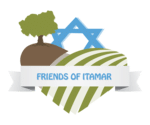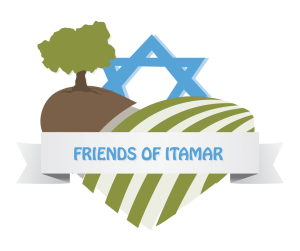Parshat Vayigash – 2011
Parshat Vayigash December 30 2011 Leah Goldsmith The tehillim “Even maasu habonim hayita lerosh pina” – “The stone which the builders rejected has become the
Parashat Vayarah Maintaining Jewish Identity does not contradict reaching out to the Nations
Rabbi Moshe Goldsmith Itamar on Genesis 18:1
Parashat Lech Lecha Abraham Proclaims G-D’s Oneness from the Land of Israel
Rabbi Moshe Golsmith Itamar on Genesis Chapter 12
Parshat Vayeshev – 2011
Parshat Vayeshev December 17 2011 Yosef is successful in all realms. He is talented, beautiful and distinguished (which is why his brothers are so jealous of him). Yosef is always
Parashat Mikaytz Understanding the different dreams of the Book of Genesis
Rabbi Moshe Goldsmith on Genesis 41
Parashat Chayay Sarah Abraham the proactive and Isaac the passive
Rabbi Moshe Goldsmith on Genesis Chapter 24:1
Parshat Lech Lecha – 2011
Parshat Lech Lecha November 4 2011 Leah Goldsmith Much of the book of Genesis is devoted to the stories of the lives of our Patriarchs and Matriarchs, what they did and also wher
Parashat Noach – 2011
Parshat Noach October 29 2011 In last week’s parsha, man made a vow to guard the garden and keep it. Ten generations later we witness the total moral crumbling of mankind. No

